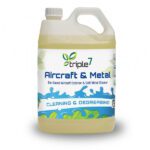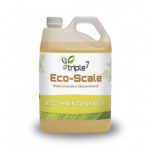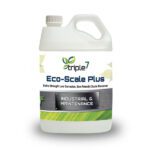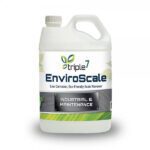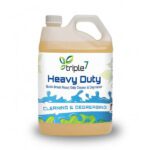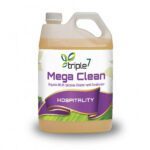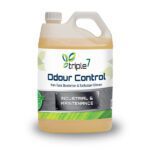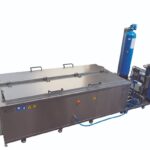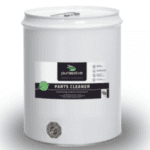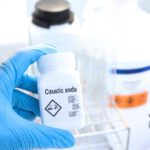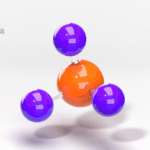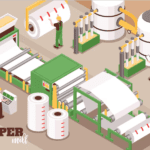Trichloroethylene (TCE) is a colorless liquid with a sweet odor that was commonly used as a solvent for industrial and commercial purposes. However, it is now recognized as a dangerous substance due to its harmful effects on human health and the environment.
Health Hazards of Trichloroethylene:
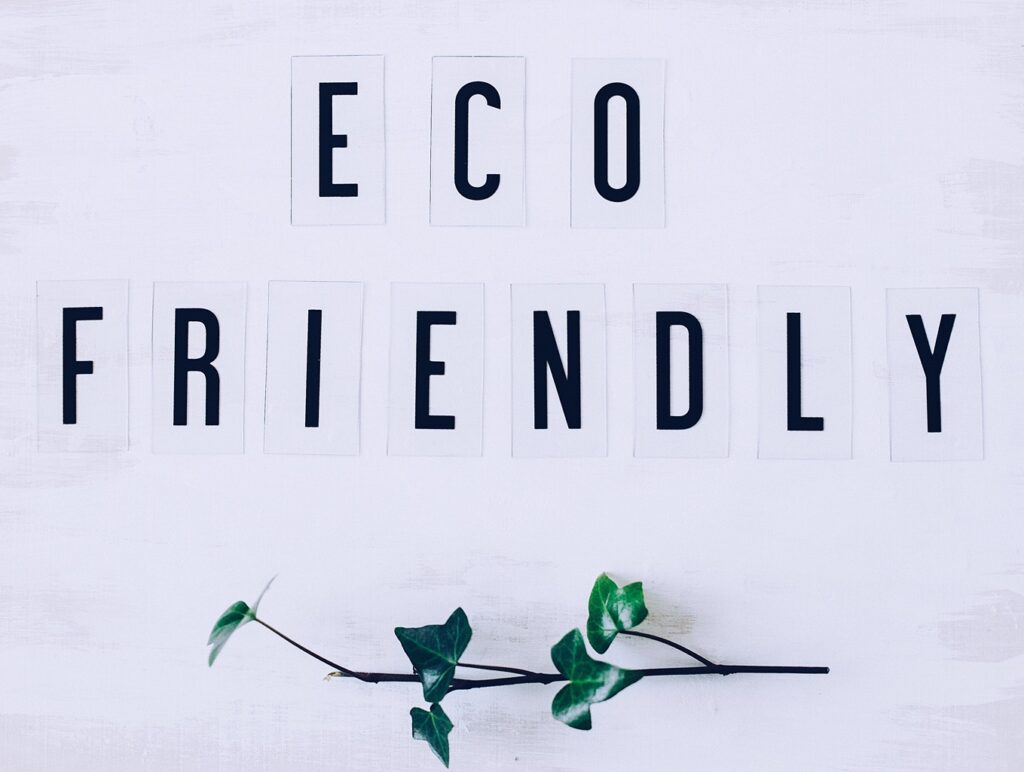
TCE is a known carcinogen and can cause various health issues including:
• Respiratory issues: TCE exposure can cause respiratory issues, including coughing, wheezing, and shortness of breath.
• Neurological problems: TCE can affect the central nervous system, causing headaches, dizziness, confusion, and seizures.
• Liver damage: Prolonged exposure to TCE can cause liver damage.
• Reproductive and developmental issues: TCE exposure can cause reproductive and developmental issues, including birth defects, infertility, and miscarriages.
Applications of Trichloroethylene:
TCE has been used in a variety of industrial and commercial applications including:
- As a solvent for metal degreasing and cleaning of electronic components.
- As a refrigerant.
- As a dry-cleaning agent.
- As a spot remover.
Alternatives to Trichloroethylene:
Fortunately, there are safer alternatives to TCE that are not only easily available but also effective for various applications. Here are some examples:
- Citrus-based solvents: Citrus-based solvents are made from natural citrus extracts and are biodegradable and non-toxic. They are effective for cleaning a variety of surfaces, including metal and electronics.
- Aqueous cleaners: Aqueous cleaners are water-based solutions that are effective for cleaning a wide range of surfaces and materials, and are safer and more environmentally friendly than petroleum-based solvents.
- Carbon dioxide cleaning: Carbon dioxide cleaning is a process that uses pressurized carbon dioxide to clean surfaces. This method is effective for removing dirt, grease, and other contaminants from various surfaces.
- One promising eco-friendly alternative to TCE is liquid silicone. Liquid silicone is a non-toxic solvent that is derived from natural resources like sand. It offers excellent cleaning capabilities, effectively removing stains and dirt from fabrics without posing any health hazards. Additionally, liquid silicone is biodegradable and does not contribute to air or water pollution. With its eco-friendly properties, liquid silicone is emerging as a potential replacement for TCE in the dry cleaning industry.
- Another alternative gaining traction is professional wet cleaning. This method utilizes water-based detergents and specialized equipment to clean delicate fabrics that were previously dry clean-only. Professional wet cleaning is a safe and environmentally friendly option as it eliminates the use of toxic chemicals altogether. The process involves carefully controlling temperature, agitation, and moisture levels to ensure proper cleaning and prevent damage to the fabrics. Professional wet cleaning is an excellent choice for garments made from natural fibers or those with sensitive dyes and finishes.
- Carbon dioxide (CO2) cleaning is yet another eco-friendly alternative gaining attention. The process involves using pressurized carbon dioxide in its liquid form as a solvent to clean fabrics. CO2 cleaning is safe, non-toxic, and does not produce any harmful residues. It offers effective cleaning results and leaves fabrics odorless. The carbon dioxide used in the process is reclaimed from industrial sources, making it a sustainable option for dry cleaning.
- Advancements in biotechnology have also led to the development of enzyme-based cleaning solutions. These solutions utilize enzymes to break down stains and dirt on fabrics. Enzyme-based cleaners are biodegradable, non-toxic, and have a lower environmental impact compared to traditional chemical solvents. However, it is important to note that enzyme-based cleaning is most effective on specific types of stains, and further research and development are required to expand its capabilities for broader use in the dry cleaning industry.
As the demand for eco-friendly alternatives grows, the industry is witnessing rapid advancements and research in the field of sustainable dry cleaning. Manufacturers and researchers are actively exploring innovative solutions and technologies to replace TCE and other harmful chemicals with environmentally friendly options. It is expected that in the near future, these eco-friendly alternatives will become more widely available and adopted, ensuring a greener and safer approach to dry cleaning.
Conclusion:
Trichloroethylene is a dangerous substance that can cause serious health issues, and it is important to avoid its use in industrial and commercial applications. There are several safer alternatives available, such as citrus-based solvents, modified alcohols, aqueous cleaners, and carbon dioxide cleaning, that are effective and environmentally friendly.

